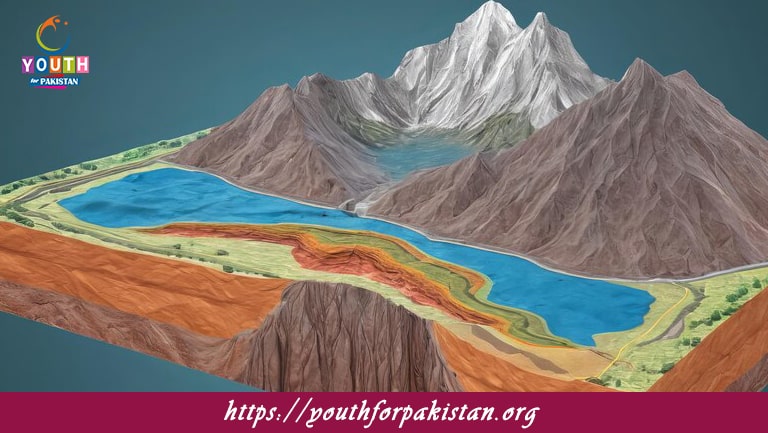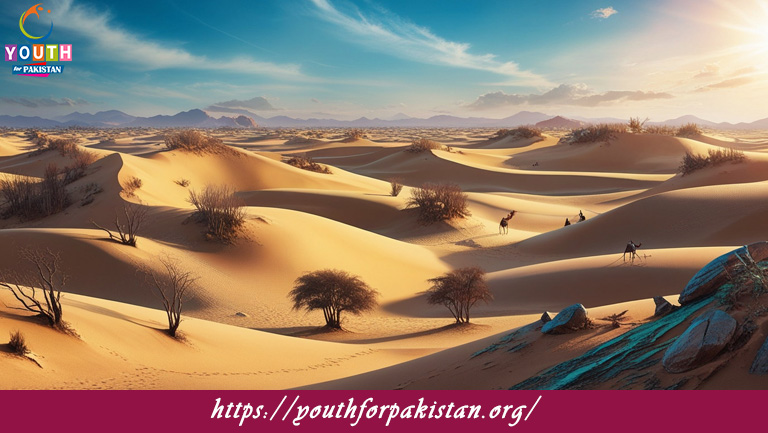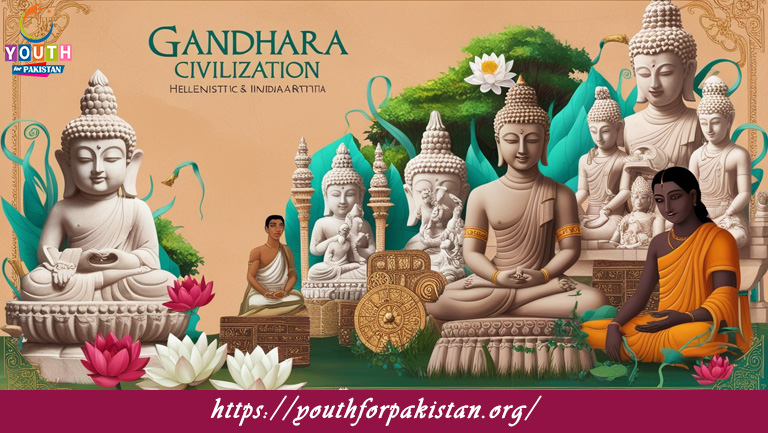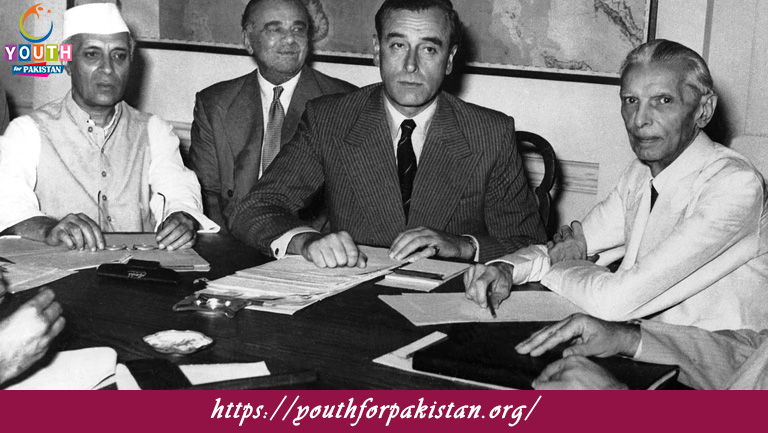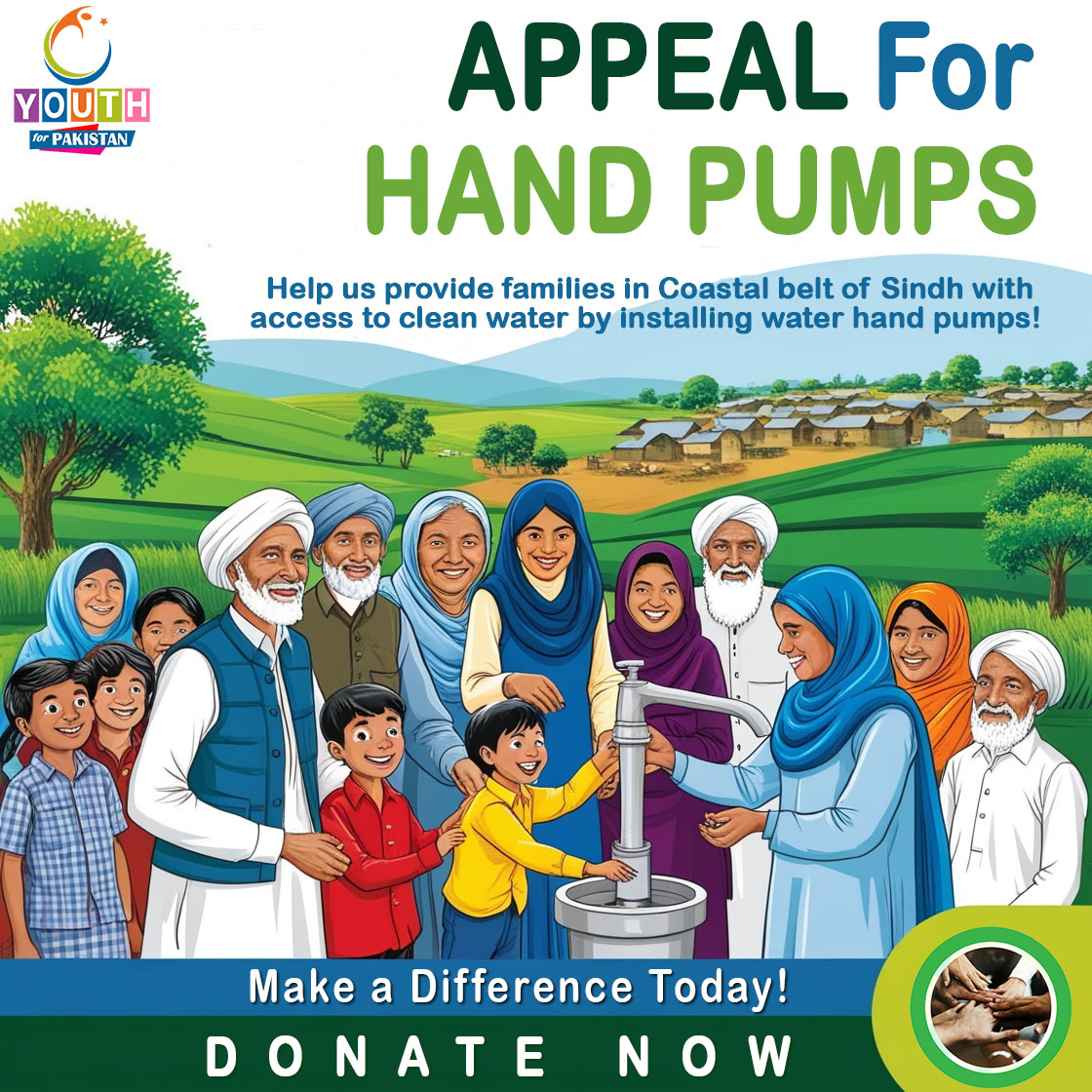Welcome to the Geology and Earth Sciences MCQs with Answers. In this post, we are sharing Geology and Earth Sciences Multiple Choice Questions and Answers in Everyday Science section for various competitive exams in Pakistan. Each question offers a chance to enhance your knowledge regarding Geology and Earth Sciences online MCQs Test.
Which layer of the Earth is composed mostly of iron and nickel?
A) Core
B) Mantle
C) Crust
D) Lithosphere
Which type of rock is formed from the cooling and solidification of magma?
A) Igneous
B) Sedimentary
C) Metamorphic
D) Organic
What is the process by which rocks are broken down into smaller pieces by physical or chemical means?
A) Weathering
B) Erosion
C) Sedimentation
D) Metamorphism
Which type of plate boundary is characterized by plates moving away from each other?
A) Divergent
B) Convergent
C) Transform
D) Plateaus
What is the name of the supercontinent that existed around 300 million years ago?
A) Pangaea
B) Gondwana
C) Laurasia
D) Rodinia
Which type of volcano is characterized by its explosive eruptions and steep profile?
A) Stratovolcano
B) Shield volcano
C) Cinder cone
D) Lava dome
Which type of rock forms from the accumulation of sediments?
A) Sedimentary
B) Igneous
C) Metamorphic
D) Granite
What is the name of the process that involves the movement of sediment from one location to another?
A) Erosion
B) Weathering
C) Lithification
D) Metamorphism
Which of the following is the largest layer of the Earth?
A) Mantle
B) Crust
C) Core
D) Lithosphere
What type of fault is characterized by horizontal movement of the rocks along the fault plane?
A) Strike-slip fault
B) Normal fault
C) Reverse fault
D) Thrust fault
Which mineral is commonly found in granite and gives it a light color?
A) Quartz
B) Olivine
C) Pyroxene
D) Biotite
What is the name of the layer of the Earth’s mantle that behaves plastically and allows for plate tectonics?
A) Asthenosphere
B) Lithosphere
C) Mesosphere
D) Core
Which geological feature is formed by the accumulation of lava flows from a shield volcano?
A) Shield volcano
B) Composite volcano
C) Cinder cone
D) Caldera
Which type of rock is formed from the alteration of existing rocks due to heat and pressure?
A) Metamorphic
B) Sedimentary
C) Igneous
D) Organic
What is the name of the boundary where two tectonic plates collide?
A) Convergent boundary
B) Divergent boundary
C) Transform boundary
D) Passive boundary
Which of the following is a sedimentary rock?
A) Sandstone
B) Marble
C) Granite
D) Basalt
What type of rock is basalt?
A) Igneous
B) Sedimentary
C) Metamorphic
D) Organic
Which process describes the formation of new oceanic crust at mid-ocean ridges?
A) Seafloor spreading
B) Subduction
C) Erosion
D) Weathering
Which layer of the Earth is composed mostly of silicate minerals?
A) Crust
B) Mantle
C) Core
D) Lithosphere
What type of volcanic eruption is characterized by the release of ash and gases rather than lava flows?
A) Explosive eruption
B) Effusive eruption
C) Submarine eruption
D) Phreatomagmatic eruption
Which type of rock forms from the consolidation of sediments?
A) Sedimentary
B) Igneous
C) Metamorphic
D) Magmatic
Which mineral is the hardest on the Mohs scale of hardness?
A) Diamond
B) Quartz
C) Talc
D) Topaz
What is the term for a large, circular depression formed by a volcanic eruption?
A) Caldera
B) Crater
C) Vent
D) Cone
Which geological process involves the breakdown of rocks into smaller particles?
A) Weathering
B) Erosion
C) Lithification
D) Plate tectonics
Which type of rock is formed from the cooling of magma beneath the Earth’s surface?
A) Intrusive igneous
B) Extrusive igneous
C) Sedimentary
D) Metamorphic
What is the primary force driving plate tectonics?
A) Mantle convection
B) Gravitational pull
C) Magnetic fields
D) Solar energy
Which type of fault is associated with horizontal shear stress?
A) Strike-slip fault
B) Normal fault
C) Reverse fault
D) Thrust fault
Which rock is formed from the compression of plant material over millions of years?
A) Coal
B) Granite
C) Marble
D) Basalt
What is the name of the layer of the Earth located between the crust and the core?
A) Mantle
B) Lithosphere
C) Asthenosphere
D) Mesosphere
Which of the following is a common metamorphic rock?
A) Schist
B) Sandstone
C) Limestone
D) Shale
What type of volcano is characterized by alternating layers of lava and ash?
A) Stratovolcano
B) Shield volcano
C) Cinder cone
D) Lava dome
Which mineral group is characterized by a silicate tetrahedron structure?
A) Silicates
B) Carbonates
C) Oxides
D) Sulfides
Which of the following is an example of a sedimentary rock?
A) Limestone
B) Basalt
C) Granite
D) Marble
What is the term for the molten rock that reaches the Earth’s surface?
A) Lava
B) Magma
C) Ash
D) Pumice
Which geological structure is formed when magma cools and solidifies underground?
A) Intrusion
B) Lava flow
C) Tuff
D) Ash cloud
Which rock type is characterized by the presence of foliation?
A) Metamorphic
B) Sedimentary
C) Igneous
D) Organic
What is the process called when sediment is converted into rock through compaction and cementation?
A) Lithification
B) Erosion
C) Weathering
D) Metamorphism
Which type of tectonic boundary is characterized by plates sliding past each other?
A) Transform
B) Convergent
C) Divergent
D) Subduction
What is the term for a volcanic eruption that involves a sudden release of gas and ash?
A) Plinian eruption
B) Hawaiian eruption
C) Strombolian eruption
D) Vulcanian eruption
Which mineral is commonly associated with the presence of gold?
A) Quartz
B) Calcite
C) Feldspar
D) Mica
What is the term for the boundary where oceanic crust is forced below continental crust?
A) Subduction zone
B) Rift zone
C) Divergent boundary
D) Transform fault
Which layer of the Earth is composed mostly of iron and nickel alloy?
A) Core
B) Mantle
C) Crust
D) Lithosphere
Which type of sedimentary rock forms from the evaporation of seawater?
A) Rock salt
B) Shale
C) Conglomerate
D) Sandstone
Which type of volcanic rock is characterized by a glassy texture and rapid cooling?
A) Obsidian
B) Pumice
C) Basalt
D) Andesite
What is the term for a fracture in rocks along which there has been significant movement?
A) Fault
B) Joint
C) Fold
D) Fracture
Which rock type is formed from the alteration of limestone due to heat and pressure?
A) Marble
B) Sandstone
C) Shale
D) Basalt
Which term describes the process by which rocks are melted into magma?
A) Melting
B) Solidification
C) Erosion
D) Lithification
Which of the following is a common type of sedimentary rock that forms from compacted plant material?
A) Coal
B) Granite
C) Pumice
D) Rhyolite
What is the name of the slow movement of soil and rock down a slope?
A) Landslide
B) Erosion
C) Rockfall
D) Creep
Which layer of the Earth is known for having the most extreme temperatures and pressures?
A) Core
B) Mantle
C) Crust
D) Lithosphere
Which type of rock is characterized by a vesicular texture due to trapped gas bubbles during formation?
A) Pumice
B) Basalt
C) Granite
D) Gabbro
Which type of rock is formed from the accumulation of mineral grains and organic material?
A) Sedimentary
B) Igneous
C) Metamorphic
D) Magmatic
Which mineral is commonly used to make glass due to its high silica content?
A) Quartz
B) Feldspar
C) Calcite
D) Mica
If you are interested to enhance your knowledge regarding Physics, Chemistry, Computer, and Biology please click on the link of each category, you will be redirected to dedicated website for each category.

